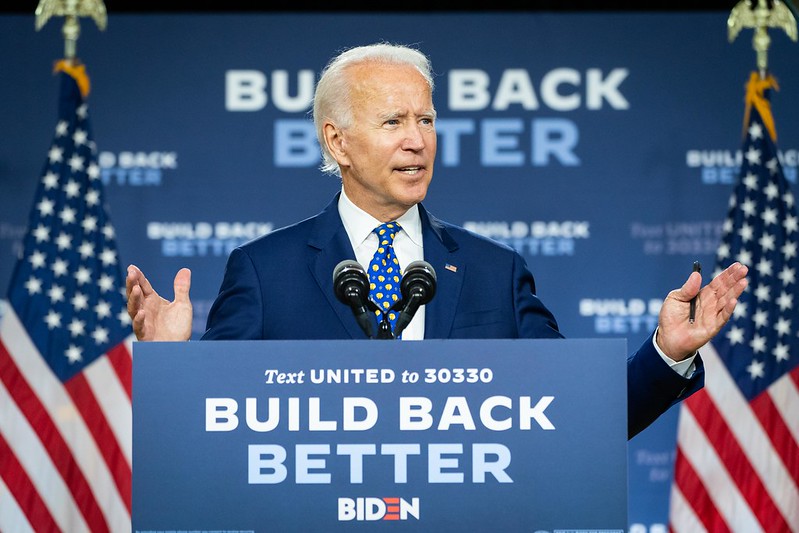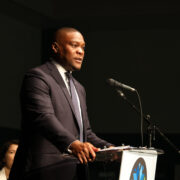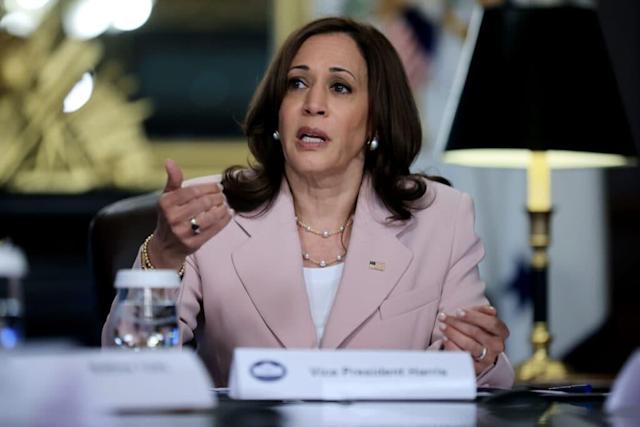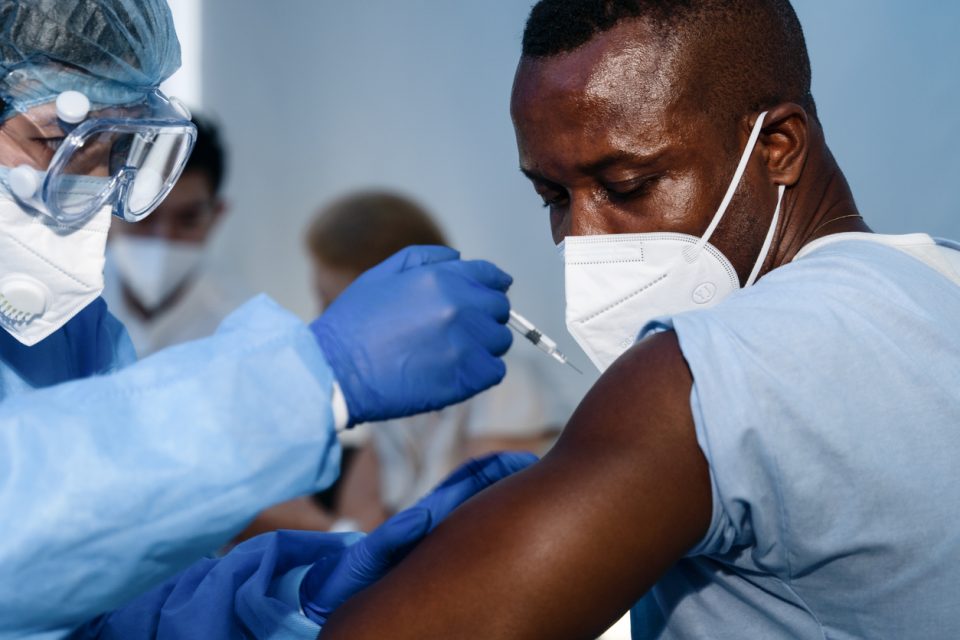
By Tanya Christian
President Joe Biden has been touting his Build Back Better agenda since his days on the campaign trail. But nine months into his administration, some are still unclear on the contents of the highly-debated bill that is being picked apart in Congress. The White House describes it as “an ambitious plan to create jobs, cut taxes, and lower costs for working families— all paid for by making the tax code fairer and making the wealthiest and large corporations pay their fair share.” The questions and concerns from many in the Black community revolves around its impact on our everyday lives—healthcare, education, employment, and other necessary reforms.
The $3.5 trillion reconciliation bill is lengthy, 2,465 pages to be exact, but when Deputy Secretary of Congress Don Graves spoke to EBONY by phone, he broke it down into two parts—what he calls hard infrastructure and soft infrastructure. Hard infrastructure focuses on things like roads and bridges. “It’s a massive investment in transforming our public transit system which is critically important for so many Black Americans,” Graves shared. “It’s also things like improving our water systems.”
In many communities across our country, lead pipes and wooden pipes have led to unsafe water conditions for both the young and old. Though Flint, Michigan and Newark, New Jersey have been the poster children for contaminated drinking water, these majority Black cities are not alone in facing challenges that ensure our children live the most fulfilling life possible. And that doesn’t just apply to environmental hurdles.
Build Back Better includes a $65 billion investment in improving access to affordable broadband—high speed and high quality—across the country, to ensure that every household in the country and every business across the nation is connected to the internet. “We know that that’s so important right now especially for the African American community, because we’ve seen it over the last two years, where too many of our seniors, haven’t been able to get access to their doctor, to many of our businesses, because they haven’t had access to the internet,” says Graves. This has also affected business owners’ ability to stay in business, and young student’s ability to learn effectively while remote. “This type of investment is critically important to making sure that our community has the resources and support that it needs to stay competitive,” he adds.
Beyond that, soft infrastructure is needed. This includes investing in child and senior care, ensuring that millions more Americans are employed and making a fair and livable wage. Graves says it also encompasses putting systems in place that will create the cycle of wealth needed to not just bring dollars into the community, but keep those dollars flowing into the community.
Though Biden’s plan would effectively help close the wealth gap between Black and white Americans, it can only do so if Congress agrees to make it happen. At the moment, Democrats are in deep discussions about what stays and what goes in order to make the bill more palatable for their Republican peers who have scoffed at the plan’s progressive nature. “The American public is getting glimpses into what it takes to make legislation,” says Graves. “Passing big, big bills is complex, and folks are seeing how the sausage is made. It is not pretty at times.”










